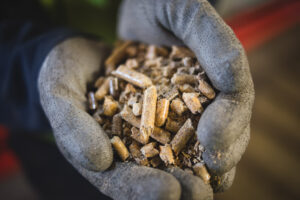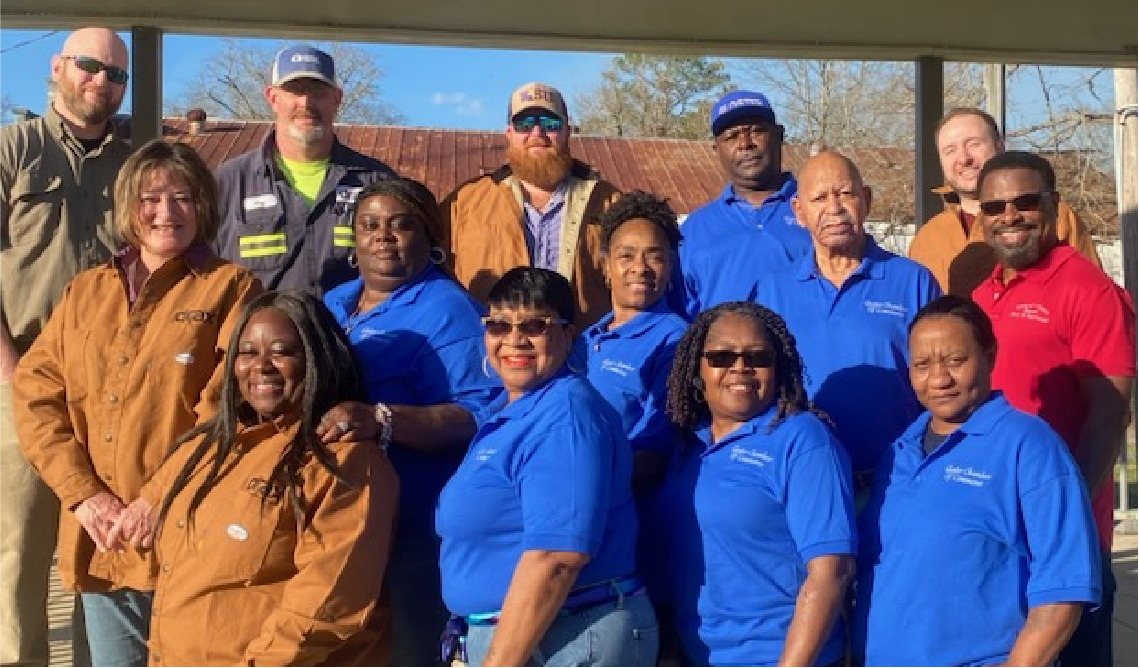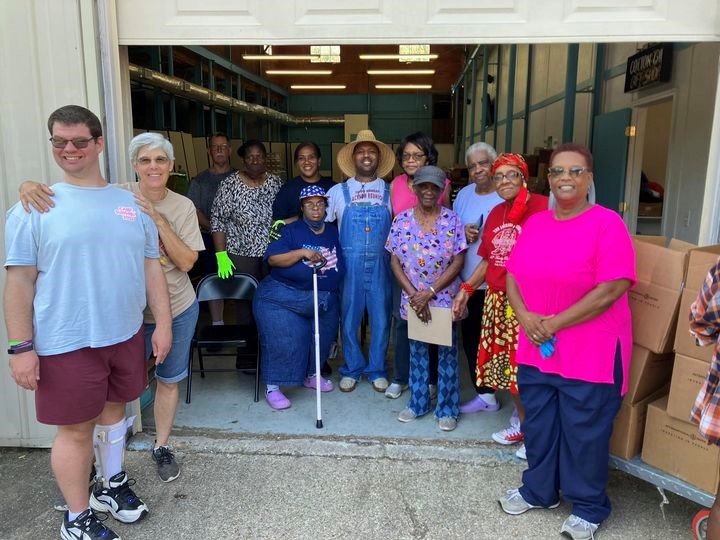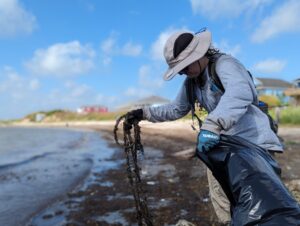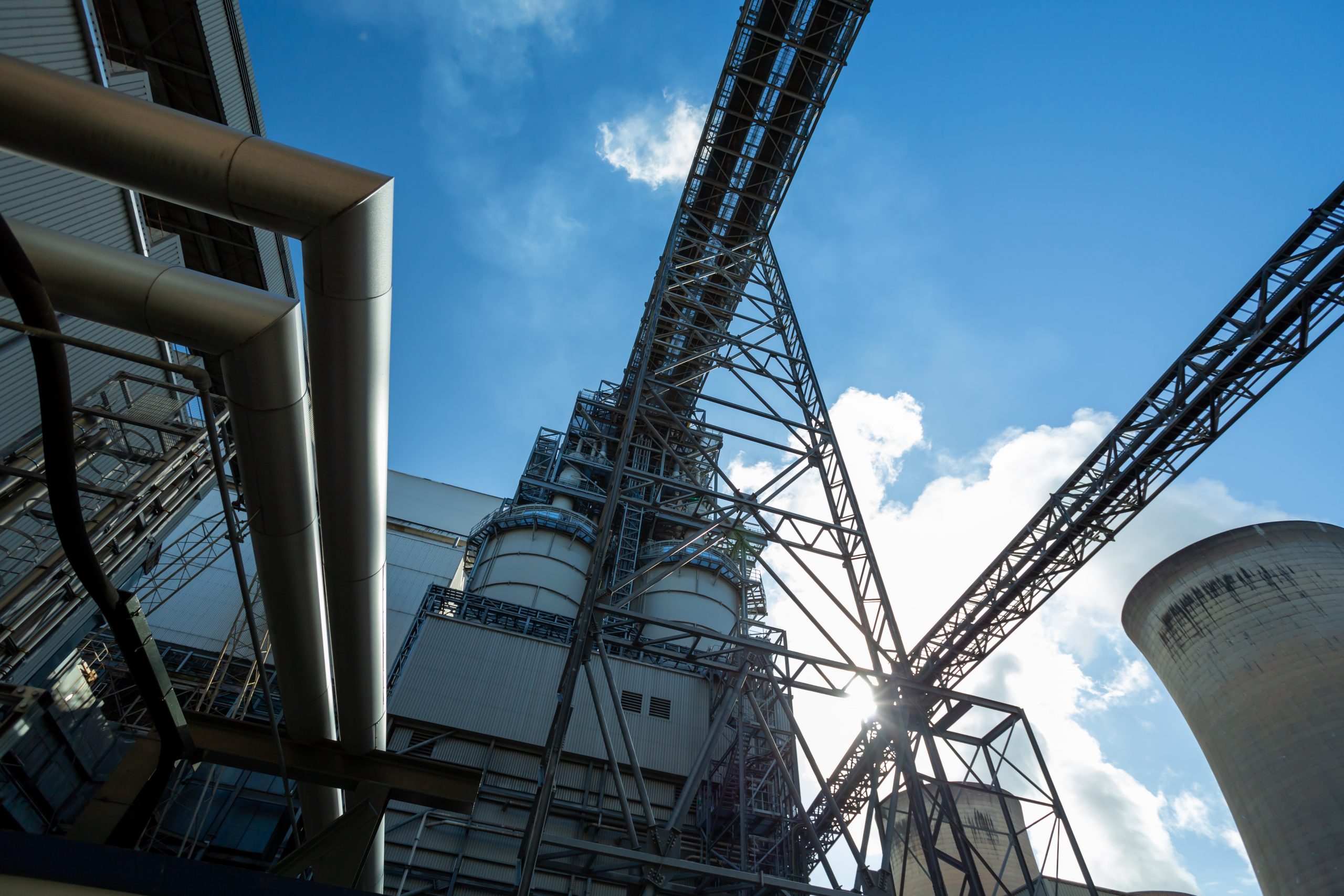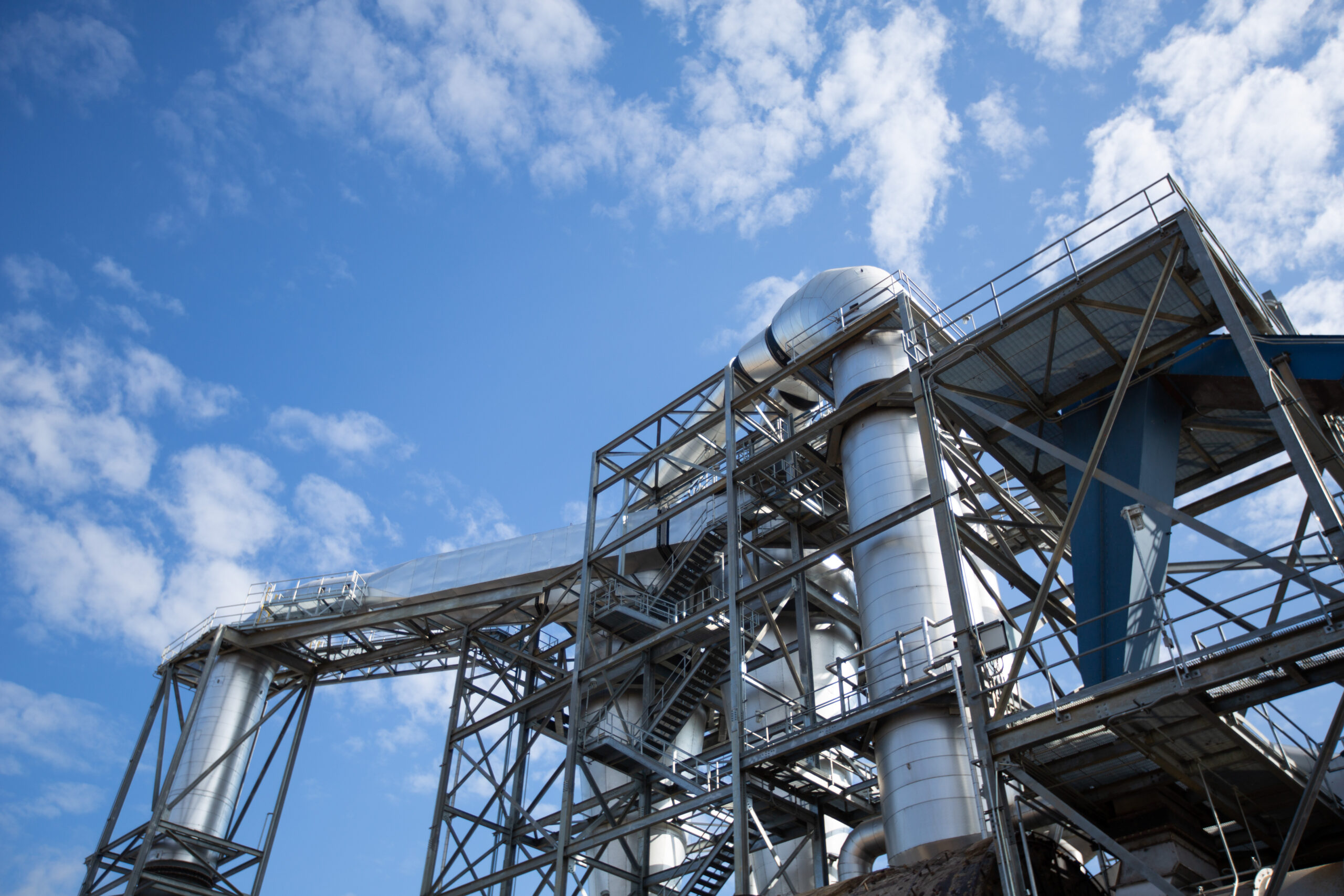
- The new business will oversee the development and construction of Drax’s new-build BECCS plants in the US and internationally and work with a coalition of strategic partners to focus on an ambitious goal of removing at least 6Mt of CO2 from the atmosphere annually
- Senior energy infrastructure expert, Laurie Fitzmaurice, appointed as President for US-headquartered entity
- New research published today by Foresight Transitions highlights the critical and cost-effective role that BECCS will play in aiding the United States in the delivery of its ambitious decarbonisation targets, as well as the technologies’ potential for job creation and regional economic development
- Delivery of Drax Power Station BECCS project to continue to be handled by a UK-based team within Drax Group.
Global renewable energy company Drax Group plc has announced that it plans to establish a new independent business unit that will focus on becoming the global leader in delivering large-scale and high-integrity carbon removals.
The recent “global stocktake” at COP28 warned of the need to move faster to tackle the climate emergency. Large-scale carbon removals, including BECCS, are widely regarded by the scientific community as being critical to meeting this challenge. Working with coalition partners, the new business will offer a compelling proposition that combines Drax’s expertise in BECCS with the latest climate science and it will have an ambitious goal to remove at least 6Mt of CO2 from the atmosphere annually.
The business will be operationally separate within the Drax Group and headquartered in Houston in the United States. It will be led by Laurie Fitzmaurice, a senior energy infrastructure expert, who has nearly 30 years of experience in business development around the world, most recently for Amazon Web Services. Drax intends to formally launch this new entity in the United States later this year and Laurie will be supported by a highly skilled management team with a track record of success in tackling climate change through the development and delivery of innovative technologies.
Laurie and her team will take ownership for delivering the Group’s strategy for BECCS in the US and internationally as set by the board of Drax Group plc. It will have day-to-day responsibility for project execution including project development, delivery and marketing and sales of CDR credits and power and deployment of the Group’s multi-billion-dollar global BECCS capex programme. Laurie will also use her experience to collaborate with strategic partners drawn from the scientific, academic, consulting, investment and construction communities, in addition to civil society, so as to accelerate the global deployment of carbon dioxide removals technology.
In the UK, Drax’s plans for installing BECCS onto its Power Station in Yorkshire and its transformation into the world’s largest carbon removals facility have recently been granted planning approval by the UK Government. The Government has also recently recognised the important role which biomass can play in delivering the UK’s plans for Net Zero as well as supporting energy security. The delivery of this project will continue to be handled by a UK-based team within Drax Group.
New research published today by Foresight Transitions, a specialised consultancy led by a team from Imperial College, London, concludes that BECCS is necessary to help the United States achieve its ambitious decarbonisation scenarios, deliver a zero-carbon power system by 2035 and become net-negative by 2050. The report also highlights how deploying BECCS will not only enable deep emissions reductions but also has the potential to create thousands of jobs across multiple industries. The study concludes that the integration of BECCS is a cost-effective solution, outweighing other technologies, whilst strengthening system reliability across the three major regional grids in the U.S. (CAISO, MISO, and ERCOT) and reducing interconnection delays.
Laurie Fitzmaurice, said:
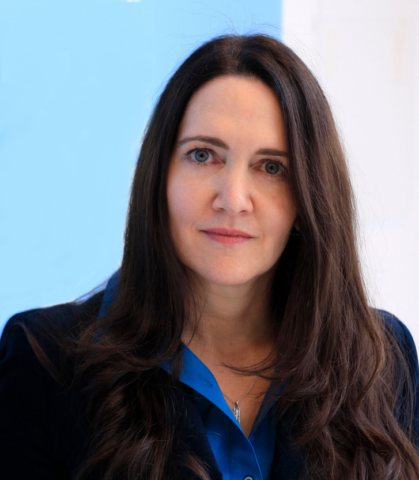
Laurie Fitzmaurice
“I am delighted to have been asked to lead Drax’s new US-based business at such a crucial point in the growth of the carbon removals industry. We have enormous potential to play a significant role in tackling climate change and improving the lives of millions of people across the world.
“By working with a coalition of partners, together we can accelerate the rate at which we are able to scale carbon removals and I encourage stakeholders who are keen to deliver on this ambition to work with us.”
Drax Group CEO, Will Gardiner, said:
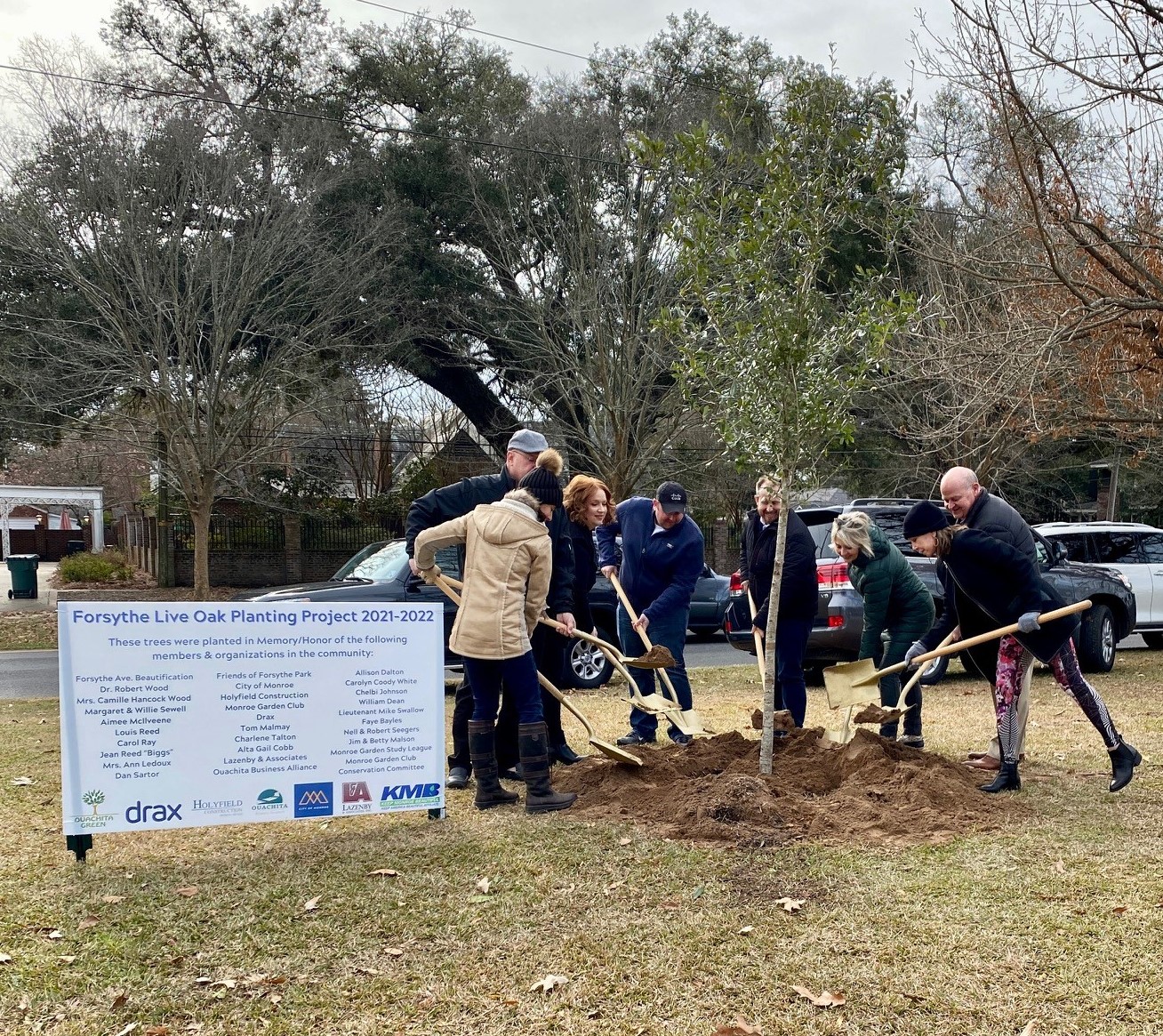
Will Gardiner, Drax Group CEO
“The creation of this business brings to life years of hard work by many outstanding people across our Group and marks another step in Drax’s journey to enable a zero-carbon, lower-cost energy future. Our recent success is grounded in providing secure, renewable energy and our future is focused on playing a critical role in tackling climate change through the generation of secure, renewable power and the large-scale removal of carbon dioxide.
“I am excited to welcome Laurie as President of our new US-headquartered carbon removals business and look forward to working with her. We have a limited window of opportunity to capitalise on our first mover advantage and I am confident that the time is right for this approach.
“The new entity will bring focus and will scale the company’s ability to deliver carbon removals to organisations looking to reduce their carbon footprints. Delivering the ambitious targets will see the new entity become a leader in the growing carbon trading market.”
Professor Niall McDowell, author of the Foresight Transitions research, said:
“This study set out to quantify the role and value of BECCS in the context of decarbonising a variety of power systems in the USA. We consistently observed that BECCS provided substantial value through the cost-effective removal of CO2 from the atmosphere and also the baseload generation of renewable energy – a complement to other forms of renewable energy.”
Addressing the issue of climate change requires the widespread adoption of carbon removal technologies. The United Nation’s Intergovernmental Panel on Climate Change (IPCC) has projected that the world will need to remove between 0.5 and 9.5 billion tonnes of carbon dioxide annually via BECCS by 2050 to stay on course to limit global warming to the crucial 1.5°C target.
Last year’s COP28 conference proved to be another pivotal moment for global climate action with much of the discussion in Dubai focused on the critical need to accelerate the deployment of carbon dioxide removals. At this year’s World Economic Forum in Davos, the world’s attention was again focused on carbon removals and the announcement of our new company comes at an important moment in the collective fight against climate change.
Governments around the world have been increasingly adopting policies which are supportive of carbon dioxide removals and BECCS, including through the Inflation Reduction Act in the United States, Europe’s Renewable Energy Directive and the UK’s ‘Powering Up Britain’ energy security and Net Zero strategy and Biomass Strategy.
Analysis undertaken by consultancy FTI for Drax found that 92% of key decision-makers in sustainability and procurement roles in the US agree that carbon removals could have significant or moderate impact on combating climate change, and 69% believe it’s very important for U.S. companies to invest in low or negative emission technologies like carbon removal technologies.
The engineered carbon removals market has continued to grow exponentially over the last 12 months with 4.5Mt purchased in 2023 – a sixfold increase from last year, according to cdr.fyi. However, the total amount sold to date represents only 0.05% of the IPCC annual goal.
The role and value of BECCS in the USA
Read the Summary report here
Read the Full report here
ENDS
Media contacts:
Chris Mostyn, Group Head of Media Relations
E: [email protected]
T: 07548 838896
Editor notes
About Drax
Drax Group’s purpose is to enable a zero carbon, lower cost energy future and in 2019 announced a world-leading ambition to be carbon negative by 2030, using bioenergy with carbon capture and storage (BECCS) technology.
Drax’s around 3,000 employees operate across three principal areas of activity – electricity generation, electricity sales to business customers and compressed wood pellet production and supply to third parties. For more information visit www.drax.com
Power generation:
Drax owns and operates a portfolio of renewable electricity generation assets in England and Scotland. The assets include the UK’s largest power station, based at Selby, North Yorkshire, which supplies five percent of the country’s electricity needs.
Having converted Drax Power Station to use sustainable biomass instead of coal it has become the UK’s biggest renewable power generator and the largest decarbonisation project in Europe. It is also where Drax is piloting the groundbreaking negative emissions technology BECCS within its CCUS (Carbon Capture Utilisation and Storage) Incubation Area.
Its pumped storage, hydro and energy from waste assets in Scotland include Cruachan Power Station – a flexible pumped storage facility within the hollowed-out mountain Ben Cruachan.
The Group also aims to build on its BECCS innovation at Drax Power Station with a target to deliver 4 million tonnes of negative CO2 emissions each year from new-build BECCS outside of the UK by 2030 and is currently developing models for North American and European markets.
Pellet production and supply:
The Group has 19 operational pellet plants and developments with nameplate production capacity of around 5 million tonnes a year.
Drax is targeting 8 million tonnes of production capacity by 2030, which will require the development of over 3 million tonnes of new biomass pellet production capacity. The pellets are produced using materials sourced from sustainably managed working forests and are supplied to third party customers in Europe and Asia for the generation of renewable power.
Drax’s pellet plants supply biomass used at its own power station in North Yorkshire, England to generate flexible, renewable power for the UK’s homes and businesses, and also to customers in Europe and Asia.
Customers:
Drax supplies renewable electricity to UK businesses, offering a range of energy-related services including energy optimisation, as well as electric vehicle strategy and management.
To find out more go to the website www.energy.drax.com


